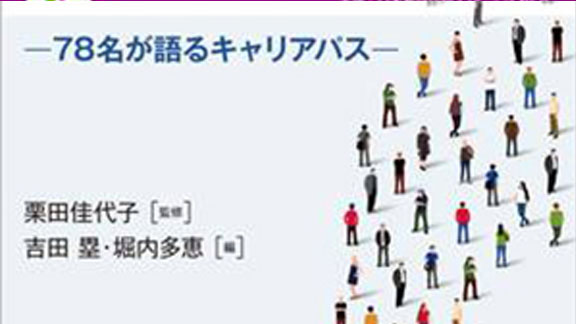We are pleased to announce that we will co-organize a symposium on “Career of Doctoral Students” with Acaric Co., Ltd.
Today the career paths of those who completed their doctoral programs have become uncertain. Even if they wish to enter the academic profession such as a job at a university, it has become difficult for them to build their career paths as they wish. However, doctoral resources have potential in various fields, and such fields are increasing in number. Therefore, we would like to hold this symposium to provide you with an opportunity to discuss where doctoral resources can play an active role. Specifically, the speakers will present various possibilities in career paths such as universities, corporations, and start-up companies, followed by a discussion with the whole participants.
Please refer to the following for the summary of the symposium. Please also check the external website (the URL will be shown afterward) for more details.
We look forward to your participation.
[Details/Application URL] https://acaric.jp/special/event/20171028-phd-career-symposium
[Date/Time] October 28th (Sat) 13:00–17:30 *Reception from 18:00 (Additional fee required. You can join as you please.)
[Venue] Fukutake Learning Theater, B2, Fukutake Hall, Hongo Campus, The University of Tokyo http://fukutake.iii.u-tokyo.ac.jp/
[Capacity] 180 people (accepted in the order of application)
[Fee] Free of charge
[Speakers] (*Listed without titles in order of appearance on stage)
Nobunaga Hayashi (Representative, Acaric Co., Ltd.)
Kayoko Kurita (Associate Professor, The University of Tokyo)
Lui Yoshida (Project Research Associate, The University of Tokyo)
Takaaki Umada (Director, Hongo Tech Garage, The University of Tokyo)
Seiji Amano (DAIICHI SANKYO COMPANY, LIMITED)
and others
=Co-organized by=
Acaric Co., Ltd.
The University of Tokyo Future Faculty Program, Center for Research and Development of Higher Education, The University of Tokyo










